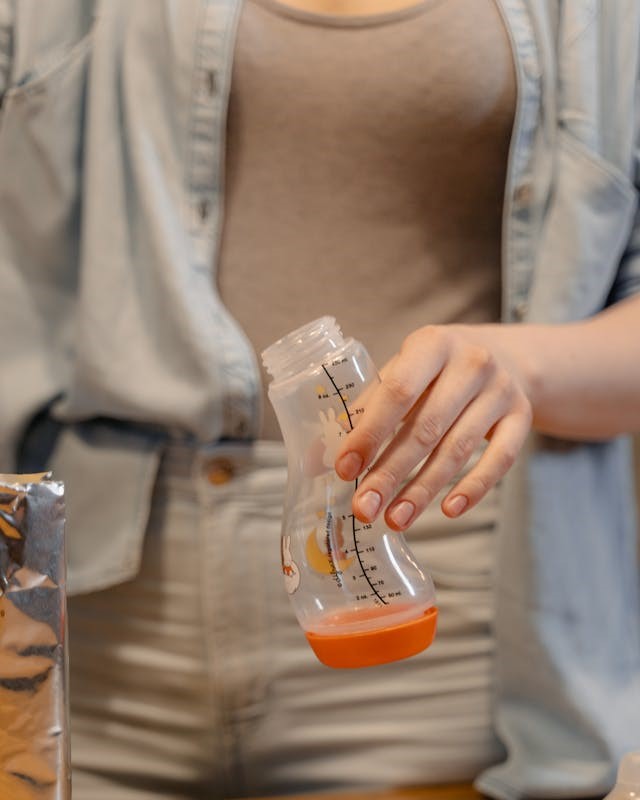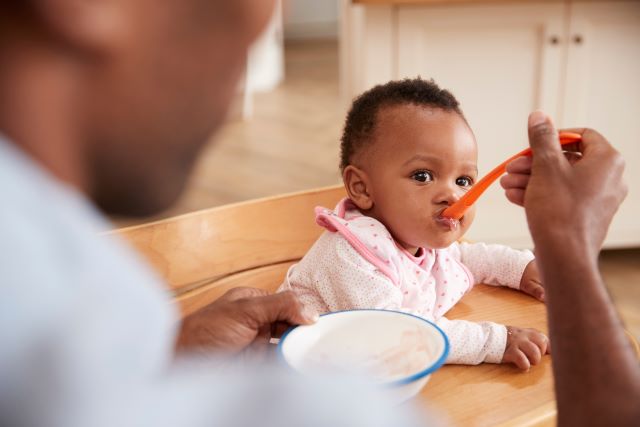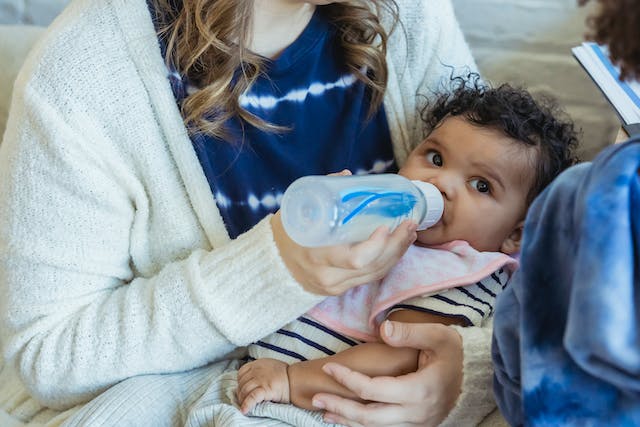In recent years, a growing number of parents have turned to making their own infant formula, often called “DIY formula” or “formula hacking,” amid recalls and shortages of store-bought options. However, a new research study has raised significant concerns about the safety of these homemade formulas, particularly when recipes found online contain ingredients that could be harmful to babies.

The study, conducted by the Center for Injury Research and Policy at Nationwide Children’s Hospital, examined 600 DIY baby formula recipes shared on Pinterest in early 2023. Shockingly, over half of the recipes included potentially dangerous ingredients, such as raw milk, which the American Academy of Pediatrics (AAP) and experts like Dr. Ari Brown warn against. Raw milk can carry harmful bacteria like salmonella, listeria, and E. coli, posing serious health risks to infants, whose immune systems are still developing.
Many parents are turning to homemade formulas for a variety of reasons. According to the study, 38% of parents were in an emergency situation, another 38% had difficulty breastfeeding, and 60% believed homemade formulas were healthier. While these concerns are valid, they don’t justify putting babies at risk by using unregulated and unsafe ingredients.

Experts agree that homemade baby formulas pose significant dangers. Babies require precise levels of nutrients for proper growth, and even small imbalances can have severe consequences. Dr. Ari Brown, an Austin, TX –based pediatrician and founder of the “Baby 411” book series, highlights that improper amounts of protein, salt, iron, or calcium in homemade formulas can lead to kidney damage, dehydration, and conditions like anemia or rickets. Additionally, unapproved ingredients, like raw goat’s milk or chicken liver, which are sometimes used in DIY recipes, are discouraged by the World Health Organization (WHO).
“Creating DIY formulas in your kitchen has potentially dangerous consequence,” Dr. Brown commented to in a recent interview with Parents.com. ““That’s why pediatricians recommend using commercially prepared—and regulated—infant formula.”

The American Academy of Pediatrics advises against homemade formulas, stressing that infants should only consume formulas that meet FDA standards. These formulas are carefully regulated to ensure babies receive the correct balance of nutrients for healthy development.
So, what should parents do? If you’re considering DIY formula, experts recommend consulting credible sources like the CDC, FDA, or AAP for guidance. For parents concerned about the cost or ingredients of commercial formulas, Dr. Brown suggests opting for budget-friendly generic formulas or specialized ones like organic or goat milk-based formulas, which are available and safe.
If you’ve already fed your baby homemade formula and are concerned about their health, contact your pediatrician immediately. In case of an emergency, always call 911. Ultimately, while the desire to save money or seek healthier alternatives is understandable, when it comes to feeding your baby, safety must always come first.